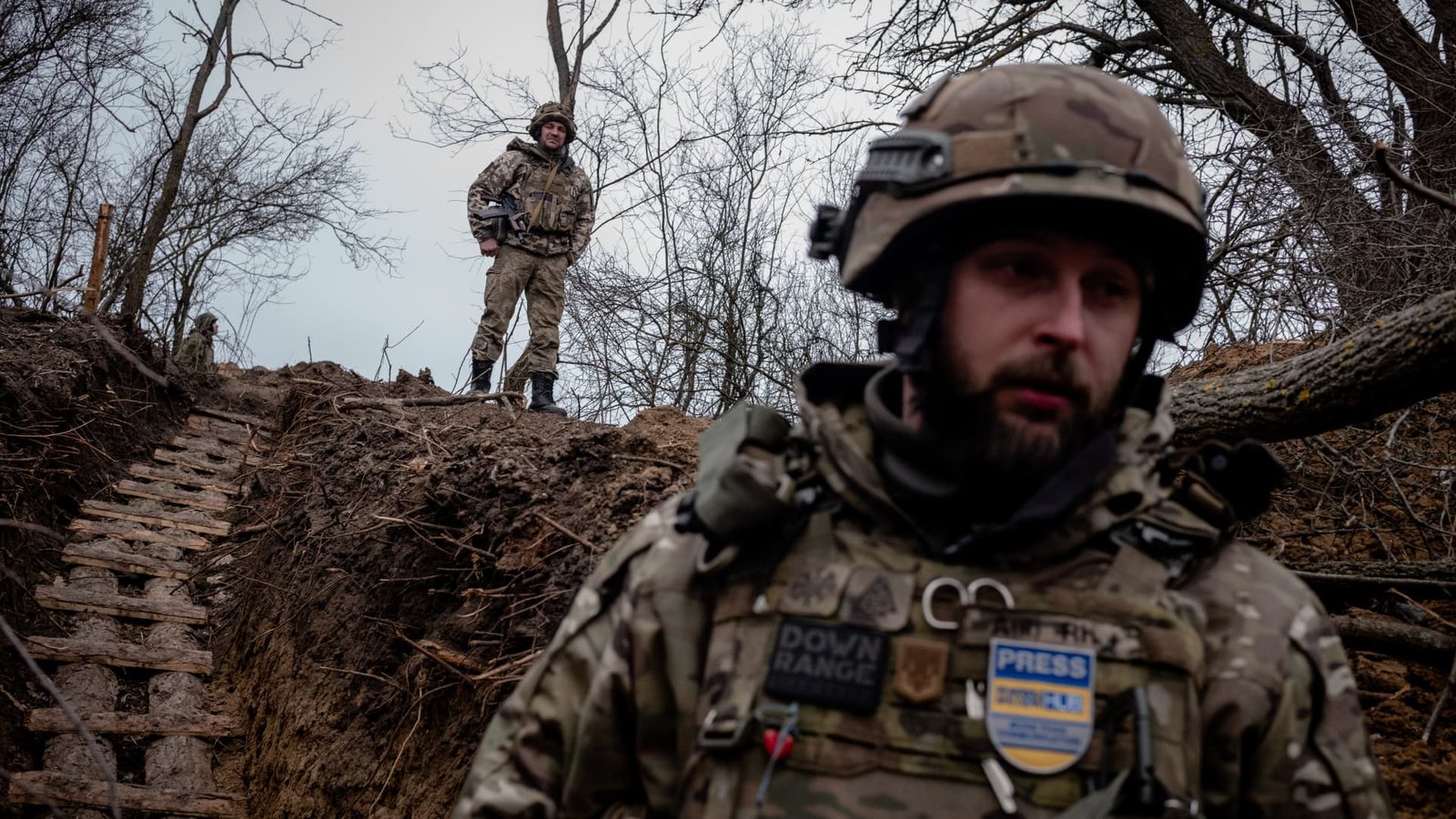The ongoing conflict between Russia and Ukraine has been a significant source of concern in recent years, with tensions escalating and the threat of full-scale war looming over Europe. In the midst of these turbulent times, top military officials from both sides have been making bold statements about their intentions and capabilities, further heightening the sense of urgency and apprehension surrounding the situation.
One such recent statement came from Ukrainian ground forces commander Oleksandr Pavlyuk, who declared that Kyiv’s forces would be conducting counteroffensive actions in 2024. Pavlyuk emphasized the need to seize the initiative and create a grouping of forces to stabilize the front line and take the fight to the enemy. This announcement came on the heels of Ukrainian President Volodymyr Zelenskyy’s warning that Russia was likely preparing an offensive in Ukraine in the coming months.
On the other side of the conflict, a senior Russian military officer, Colonel-General Vladimir Zarudnitsky, issued a stark warning that the ongoing conflict in Ukraine could escalate into a full-scale war in Europe. Zarudnitsky pointed to the anti-Russian policies of the United States and its allies as the main source of military threats to Russia, accusing them of conducting hybrid warfare to weaken and undermine Russia’s sovereignty.
Meanwhile, Lithuania has also weighed in on the situation, with its intelligence services predicting that Russia could continue fighting in Ukraine for at least two more years. The report highlighted Russia’s strategy of attrition, banking on war-weariness in Western societies and diminishing will among Ukrainians to fight. The report also mentioned Russia’s deployment of vessels capable of carrying Kalibr cruise missiles on Lake Ladoga, a move seen as a signal of Moscow’s disapproval of Finland’s potential NATO membership.
Amidst these developments, the Kremlin sought to reassure the international community by stating that Russia would not interfere in the U.S. presidential election later that year. Kremlin spokesman Dmitry Peskov denied any past interference in U.S. elections and pledged to prevent any attempts by other countries to meddle in Russia’s political affairs. This statement comes in the wake of previous investigations that found evidence of Russian interference in past U.S. elections.
In the midst of these geopolitical tensions and military maneuvers, Ukrainian President Volodymyr Zelenskyy reported that a Russian attack on the Black Sea port of Odesa had resulted in casualties. Zelenskyy emphasized the need for stronger air defenses in the face of ongoing threats from Russia.
As the situation continues to unfold, the world watches with bated breath, hoping for a peaceful resolution to the conflict between Russia and Ukraine. The statements and actions of key military and political figures on both sides only serve to underscore the gravity of the situation and the potential for further escalation. It remains to be seen how events will unfold in the coming months and whether diplomatic efforts can pave the way for a peaceful resolution to this longstanding conflict.

